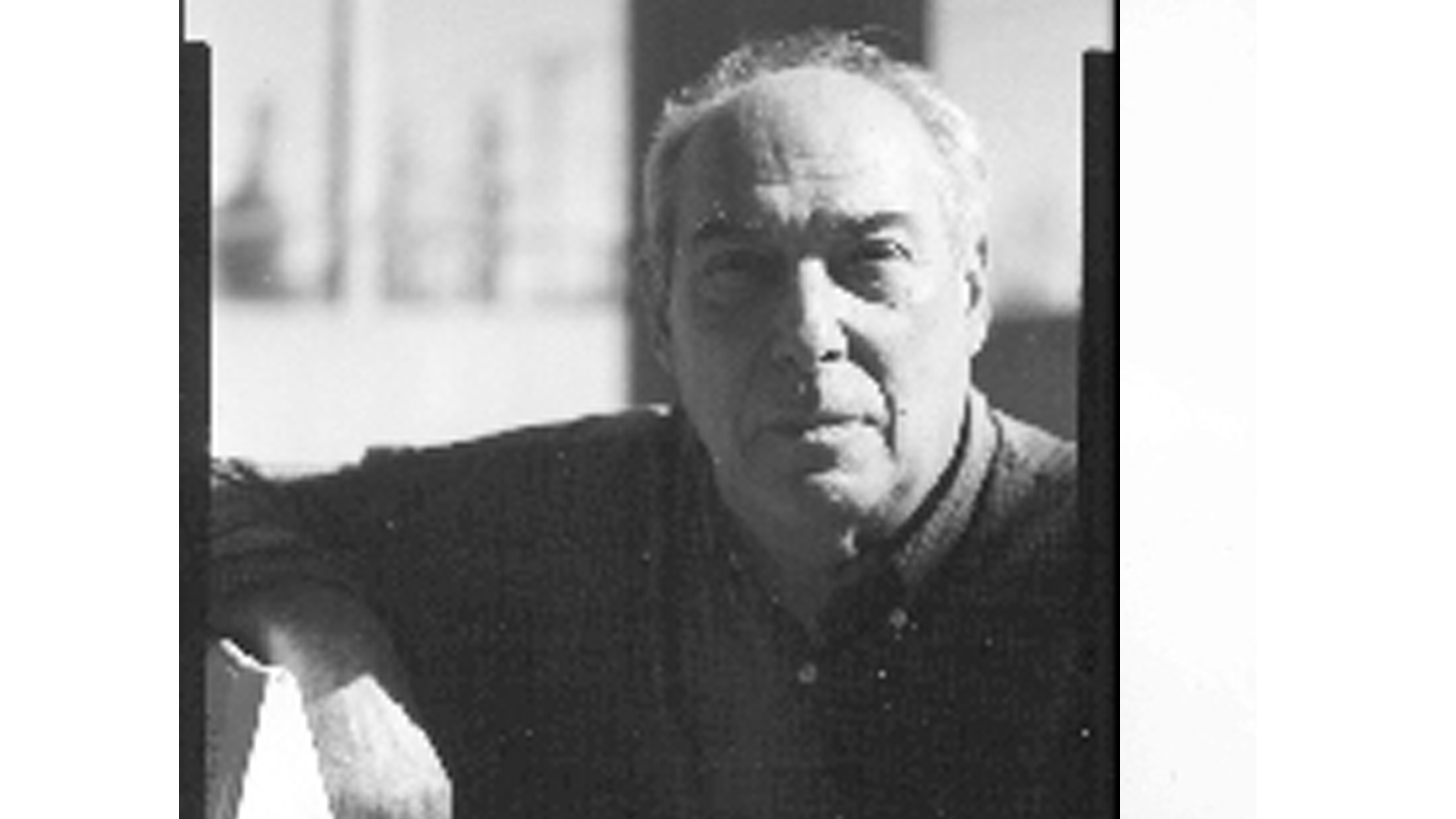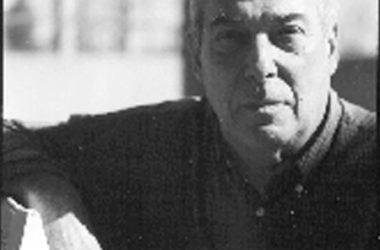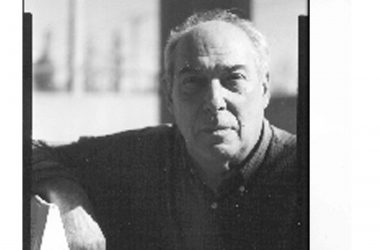My grandparents on both sides were born in the 1880s and came to America shortly after 1905, four among the millions who left Eastern Europe around that time. My father’s parents, Jake and Celia, came from what is now Ukraine. So far as I have been able to determine, Jake’s family name was Yignatievski; on arrival in America he changed it to Ignatov. Several relatives who came over at the same time took the name Ignatin. Jake worked as a carpenter and was a member of B’nai B’rith, the Jewish fraternal order modeled on the Masons. Celia was a housewife and active in the synagogue.
My mother’s father, Nathan Glass, came from “Austria,” which may have meant any place from Vienna to Galicia. I wish I had thought to inquire when he was still alive. My mother’s mother, Reba, had been born in the U.S. of immigrant parents but had been taken back to Russia when she was an infant and come over on her own as a young adult.
Nathan and Reba were Socialists and later Communists, typical of those who in the cities of the east coast were the bone, nerve and sinew of the radical movements from the Russian Revolution until after World War II. Nathan had left school to go to work at the age of twelve. During the years I knew him he earned his living on a butter-and-egg route. He read the Yiddish press, mainly the Freiheit (the Communist Party newspaper), and the classics of world culture in Yiddish. Where today will one find anyone outside of the academy familiar with the writings of Darwin, Marx and Tolstoy, in any language? The revolutionary movement was his school. I know less about his wife, Reba, who died when I was five. I remember her explaining to me that shoes had to be worn on the proper foot, but that socks could be worn on either foot, although once they had been assigned the first day they had to be worn the same way on the second and subsequent days. It was sound advice, which I have followed up to now. I learned later she was a pillar of the CP apparatus.
My father was born in Philadelphia in 1907 and named Isidore. He grew up in a Yiddish-speaking neighborhood and began to speak English only when he started public school. My mother, Carrie Glass, was born in 1916, also in Philadelphia, and grew up speaking both languages. Both of my parents spoke English perfectly (unless you count the Philadelphia accent).
Isidore Ignatov changed his name to Irving Ignatin upon entering high school (although his mother called him Izzie to the day she died). I grew up with the name Ignatin; many years later my father expressed the hope that someone return to the old family name; midway in the path, when I went from the factory to the academy, wanting to please him but believing that Yignatievski was too much of a stretch, I compromised and became Ignatiev.
My parents wore their ancestry lightly. None of the names their gave their children, Noel (because I was born at Christmas-time), Wendell (after my father’s best friend, of Yankee stock) and Amy (because they liked the name) show loyalty to Jewish tradition: My middle name, Saul, which I do not use, I owe to the doctor who presided at my delivery (and my circumcision: years later my father confessed that he did not know why he let them do that to me; at the time it was standard practice. I did not repeat the mistake when my son was born). My mother loved the old Yiddish songs, especially as sung by Martha Schlamme, but she also loved the music of Burl Ives, Paul Robeson, Susan Reed, and Leopold Stokowski. She sang cowboy songs to me: Eyes like the morning star, cheeks like the rose. Laura was a lovely girl, everybody knows. Weep all ye little rains, wail, winds, wail. All along, along, along the Colorado trail.
My parents did not tolerate anti-Jewish bigotry: My mother bristled when one of our Irish-American neighbors referred to Rosh Hashonah (Jewish New Year) as “your holiday.” Once when I was a teenager someone angrily calling my father a “hook-nosed bastard” (my father had, and I have inherited, a big shnozz); when I asked what that was about he explained that it was a reference to his Jewishness. My needing to ask was testimony to my lack of awareness of the issue. They did not tolerate bigotry of any sort: one of the two times my father hit me was when I used a racial slur for black people.
When I was a boy in West Philadelphia in the late 1940s, had I been asked if I was Jewish I probably would have answered yes, but would not have known what that meant. I associated Jewishness with my father’s parents, whom I called Bobbie (my version of Bubba, grandmother) and Zaidy (my rendering of Zeyda, grandfather) prefaced by “Big” to differentiate him from my other grandfather, Nathan, or “Little” Zaidy. Grandmother Reba I addressed and referred to as Granny; I do not know why I did not Yiddishize her title. “Bobbie’s” beet soup—ordinary Russian beet borscht—I called “Jewish,” her chicken soup was “Jewish” chicken soup, although the only feature that distinguished it from gentile chicken soup was that it was undersalted; even the grape juice she poured, Welch’s diluted with water, was “Jewish” grape juice. On Jewish holidays, my parents and my father’s sister and her husband and son would gather at Jake’s and Celia’s for dinner. Regardless of the holiday, the menu was always the same: Celia’s gefilte fish (the best I have ever tasted) with horseradish (made by Jake in the basement), chicken soup—my brother and I would bid for the little eggs that came in the fowl—beef brisket, noodle pudding (kugel, not kigel as Polish Jews pronounced it) and canned green beans. I was allowed a glass of sweet wine, which made me act silly for a bit and than fall asleep on the sofa. There were no references to God or religion.
I had only a few words of Yiddish and a few expressions: when I would complain to my mother about being bored she would advise me to gay klop kup en vant—go bang your head against the wall. Yiddish was the language my parents spoke when they did not want the children to understand them. I had no religious training, both of my parents being atheists (thank god) and enemies of religion. I grew up eating ham, bacon and pork like any normal American (although Nathan could never bring himself to eat the flesh of the pig, having not been brought up with it). When I was about ten years old my parents sent me a couple of times a week to an after-school class run by the Yiddish branch of the Communist-led International Workers’ Order, where the aim was to teach us Yiddish, a bit of history and a few songs. It was the secular alternative to Hebrew school and the Bar-Mitzvah. It did not take; I wanted to be on the ball field, and my parents did not insist.
Such was my “Jewish” childhood.
Send comments to [email protected]. Indicate if they are intended for publication.



